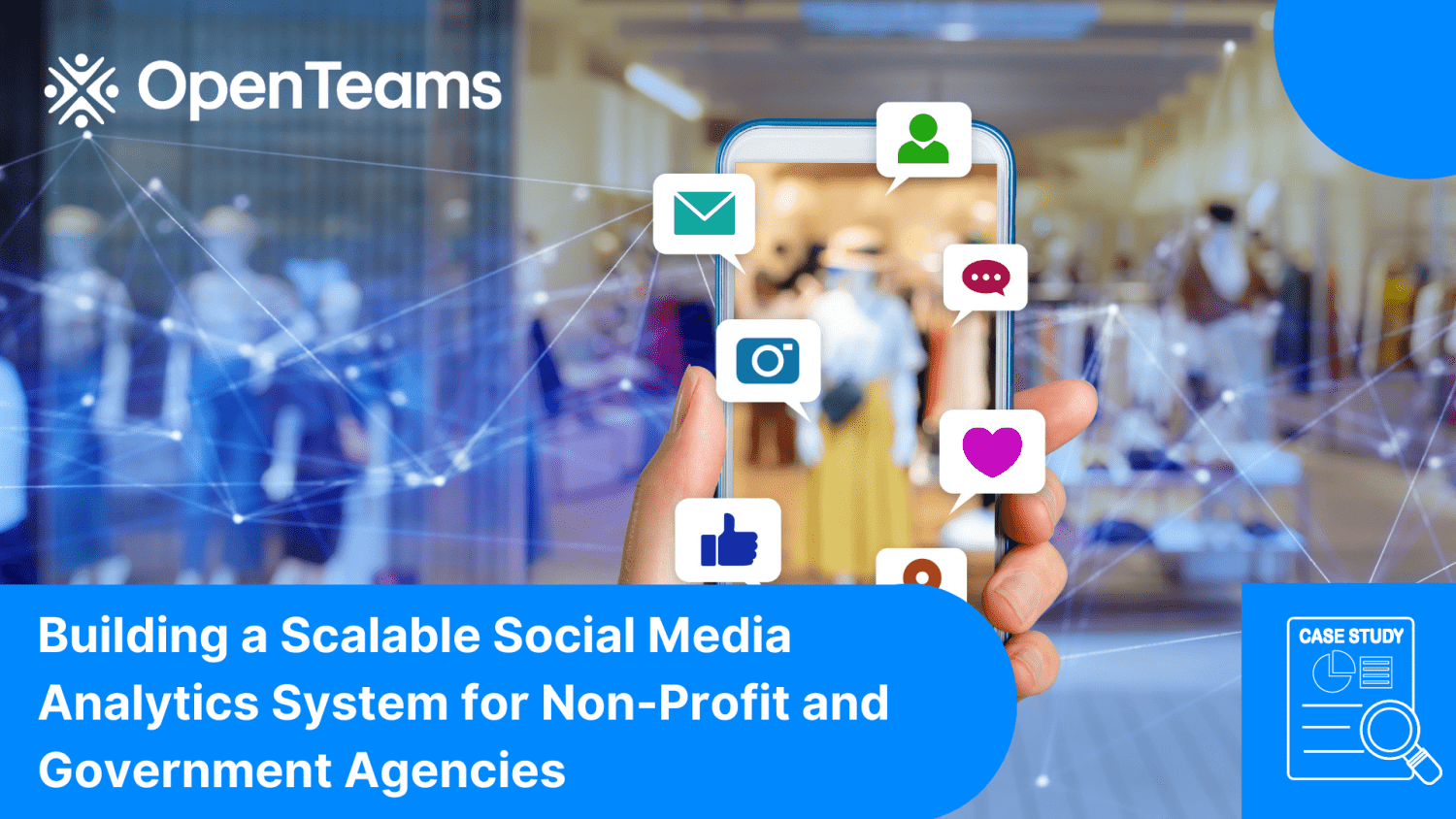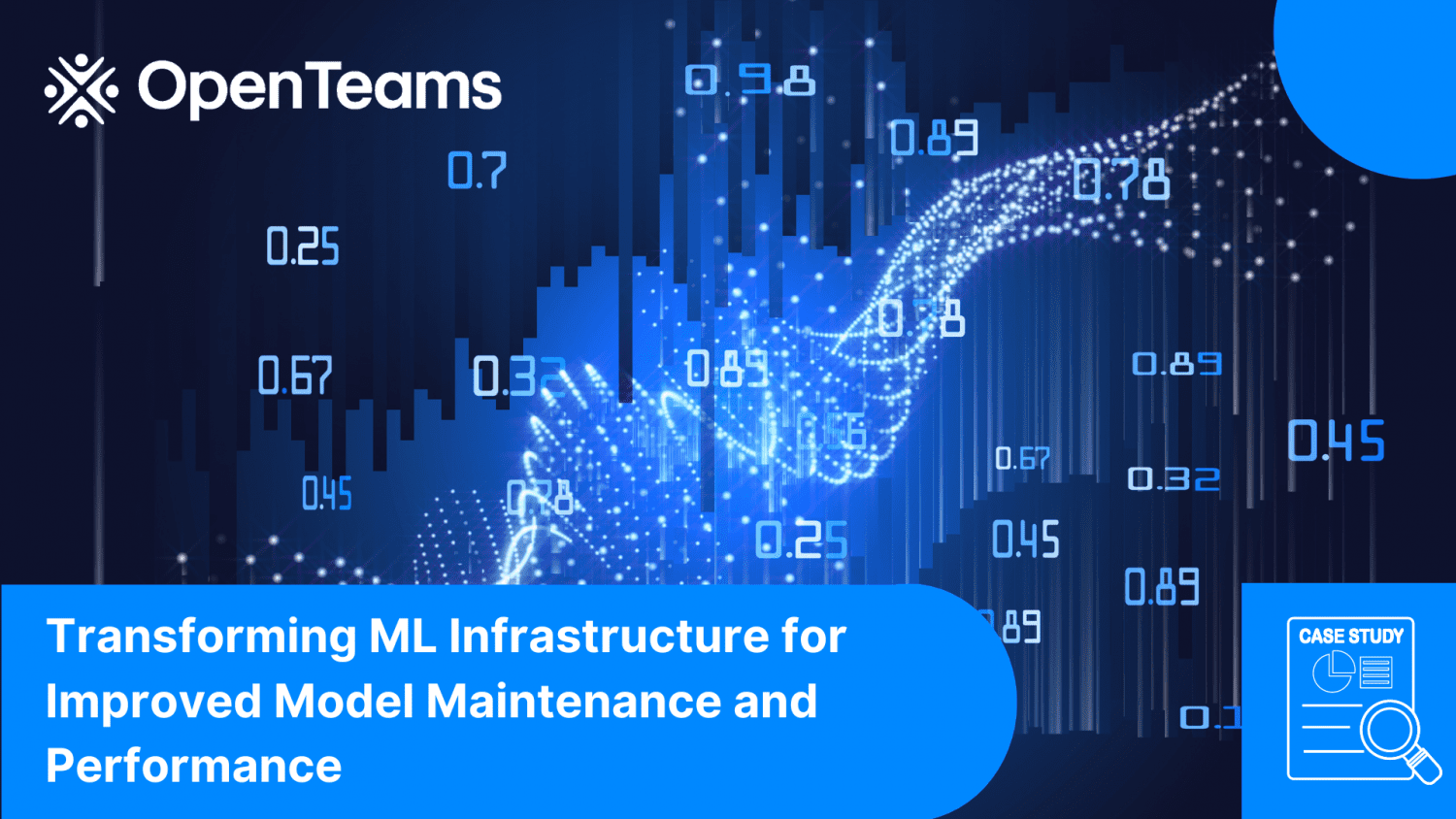
Leveraging MLOps to Optimize Machine Learning Workflows for Efficient Business Operations
Introduction
In today’s data-driven business landscape, organizations are increasingly relying on machine learning (ML) models to gain valuable insights, make data-informed decisions, and deliver personalized experiences to customers. However, the successful deployment and management of ML models in production environments can be complex and challenging. That’s where MLOps, or Machine Learning Operations, comes into play.
MLOps refers to a set of practices, tools, and methodologies that streamline the process of deploying, monitoring, and managing ML models in production. It aims to bridge the gap between data scientists, software engineers, and operations teams, enabling seamless collaboration and efficient ML workflows. In a recent episode of the “Unleash Open Source” podcast, industry experts delved into the world of MLOps and its significance for businesses seeking to optimize their machine learning initiatives.
The Importance of MLOps for Business Success
MLOps has emerged as a critical discipline for organizations looking to derive maximum value from their ML models. Traditionally, ML deployment and management have been time-consuming, error-prone, and lacked standardization. MLOps addresses these challenges by providing a systematic approach to streamline ML workflows, ensuring scalability, reproducibility, and reliability.
By implementing MLOps, businesses can achieve several key benefits:
1. Improved Collaboration: MLOps facilitates collaboration between data scientists, software engineers, and operations teams. It establishes clear communication channels, enables version control, and encourages knowledge sharing, leading to enhanced teamwork and faster ML model iterations.
2. Automation and Efficiency: MLOps automates repetitive tasks, such as model deployment and testing, reducing manual effort and potential errors. Automation enables organizations to scale their ML operations efficiently and accelerate time-to-market for new models and updates.
3. Scalability and Flexibility: MLOps enables organizations to handle large-scale ML deployments seamlessly. It provides the infrastructure, tools, and processes necessary to deploy models across different environments and adapt to changing business needs.
4. Monitoring and Maintenance: MLOps includes robust monitoring and observability mechanisms, allowing organizations to track the performance of deployed models, detect anomalies or drift, and take proactive measures to maintain model accuracy and reliability over time.
5. Risk Mitigation: By implementing MLOps best practices, organizations can reduce risks associated with model failures or inaccuracies. MLOps emphasizes rigorous testing, validation, and continuous integration/continuous deployment (CI/CD), ensuring that only reliable and well-performing models are deployed.
Key Components of MLOps
During the podcast episode, the experts discussed several essential components of MLOps:
1. Model Versioning: Keeping track of different iterations of ML models is crucial. Model versioning allows organizations to manage changes, experiment with new approaches, and ensure reproducibility of results.
2. Model Serving: Deploying ML models into production environments and making them accessible to other systems or applications is a critical component of MLOps. Model serving ensures reliable and efficient access to predictions in real-time.
3. Continuous Integration/Continuous Deployment (CI/CD): CI/CD automates the process of deploying ML models, enabling frequent updates and reducing time-to-market. It ensures smooth integration between development and operations teams, promoting a faster and more efficient deployment pipeline.
4. Monitoring and Observability: Monitoring ML models in production is essential to detect performance issues, anomalies, or drift. By implementing effective monitoring and observability practices, organizations can maintain the accuracy and reliability of their models over time.
Real-World Examples of MLOps Success
The podcast episode also highlighted real-world examples of organizations leveraging MLOps for business success:
1. Healthcare Company: A healthcare organization developed an ML model to predict disease progression. Before implementing MLOps, the deployment process was manual and time-consuming. With MLOps, they automated model deployment, ensuring that doctors had access to up-to-date predictions in real-time, improving patient care and saving valuable time and resources.
2. Retail Company: A retail company scaled their recommendation system using MLOps. By automating the training and deployment of ML models on a large scale, they were able to provide personalized recommendations to millions of customers. This resulted in increased sales and improved customer satisfaction.
Conclusion
MLOps is transforming the way organizations streamline their machine learning operations. By implementing MLOps principles, businesses can overcome challenges associated with ML model deployment, scalability, and reliability. With improved collaboration, automation, and monitoring, organizations can optimize their ML workflows and achieve business success.
As the world of machine learning continues to evolve, embracing MLOps becomes increasingly vital for organizations seeking to leverage the power of data-driven decision-making. By adopting MLOps practices, businesses can unlock the full potential of their ML models, drive innovation, and gain a competitive edge in their respective industries.
Listen to the full episode of “Unleash Open Source” for a comprehensive introduction to MLOps and discover how it can revolutionize your organization’s machine learning operations for enhanced business success.
About OpenTeams
OpenTeams is a premier provider of open source solutions for businesses worldwide. Our goal is to help organizations optimize their open source technologies through tailored support solutions that meet their unique needs. With over 680+ open source technologies supported, we provide unparalleled expertise and resources to help businesses achieve their goals. Our flexible support plans allow organizations to pay for only what they need, and our team of experienced Open Source Architects is available 24/7/365 to provide top-notch support and guidance. We are committed to fostering a community of innovation and collaboration, and our partner program offers additional opportunities for growth and success.
Related Articles
Computer Vision for Automatic Vehicle Damage Detection and Cost Estimation
Transforming ML Infrastructure for Improved Model Maintenance and Performance
Empowering Data-driven Innovation: Building a Scalable Data Science Platform for Seamless Data Modeling and MLOps Excellence
Unleashing Computational Speed: Enhancing Risk Models for Compliance in a Global Financial Powerhouse
Transforming Armed Forces Training: Reinforcement Learning for Enhanced Adaptability and Strategy Development
Unlock the power of open source for your business today
OpenTeams provides businesses with access to a team of experienced open source professionals who can help them unlock the power of open source technologies, delivering customized solutions tailored to their specific needs and goals. Get in touch with us today to learn how we can help you leverage open source to achieve your business objectives.






